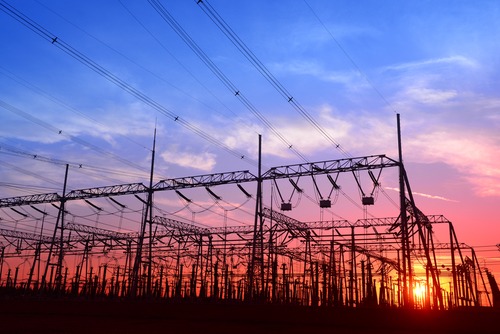
On Monday, the Pennsylvania Senate’s Environmental Resources and Energy Committee heard testimony about the state’s grid reliability and infrastructure, as well as the future of the state’s power production.
Committee Chairman Gene Yaw (R-23) said recent weather events and changes in energy policy have left the state vulnerable.
“The aftermath of Winter Storm Elliott in December has spurred a welcomed conversation on grid reliability with PJM,” Yaw said. “Short-sighted environmental policies have forced fossil fuel plants into nonexistence, resulting in fewer reliable energy sources to shoulder the burden of increased demand on Pennsylvania’s electrical grid.”
During the briefing, committee members heard about current trends and current demand from power generators and industry experts, including Glen Thomas, president of PJM Power Providers Group.
“Retirements are happening faster than anticipated,” Thomas said. “PJM projects that 20 percent of its existing capacity will retire between now and 2030, and replacement capacity is not of the quality and quantity necessary to sustain reliability. As a result, at the current trajectory, PJM is not going to have sufficient power to meet the demands of consumers, and prices are likely to increase.”
PJM, a regional transmission organization, provides energy for 13 states and the District of Columbia. As part of its responsibilities, PJM coordinates the flow of electricity from its generators to local utilities, which, in turn, distribute power to consumers.
Committee members also heard from managers of coal-fired plants in western Pennsylvania who said capacity market decline and the impact of policies such as the Regional Greenhouse Gas Initiative (RIGGI) is affecting power production.
“The capacity market decline is clearly hastening plant closures without regard to the reliability implications,” said James Locher, Chief Operating Officer of Keystone-Conemaugh (“KeyCon”) Project Office. “The incorporation of Pennsylvania into the multistate RGGI will most certainly shift market power to non-RGGI generator states in PJM and make Pennsylvania-based KeyCon plants non-competitive in the marketplace, forcing their immediate closure.”
Yaw advocated stabilizing the electric grid with a variety of energy sources.
“The bottom line is that grid stability requires a diversified energy portfolio,” Yaw said. “Wind and solar are great energy sources, but they are not reliable sources. Renewables are intermittent, limited, and dependent on weather. Baseload generation has to be available at 3 a.m. when the sun is not shining, and the wind is not blowing. When renewables come online in states with clean energy goals, they are relying on Pennsylvania to make up that difference.”